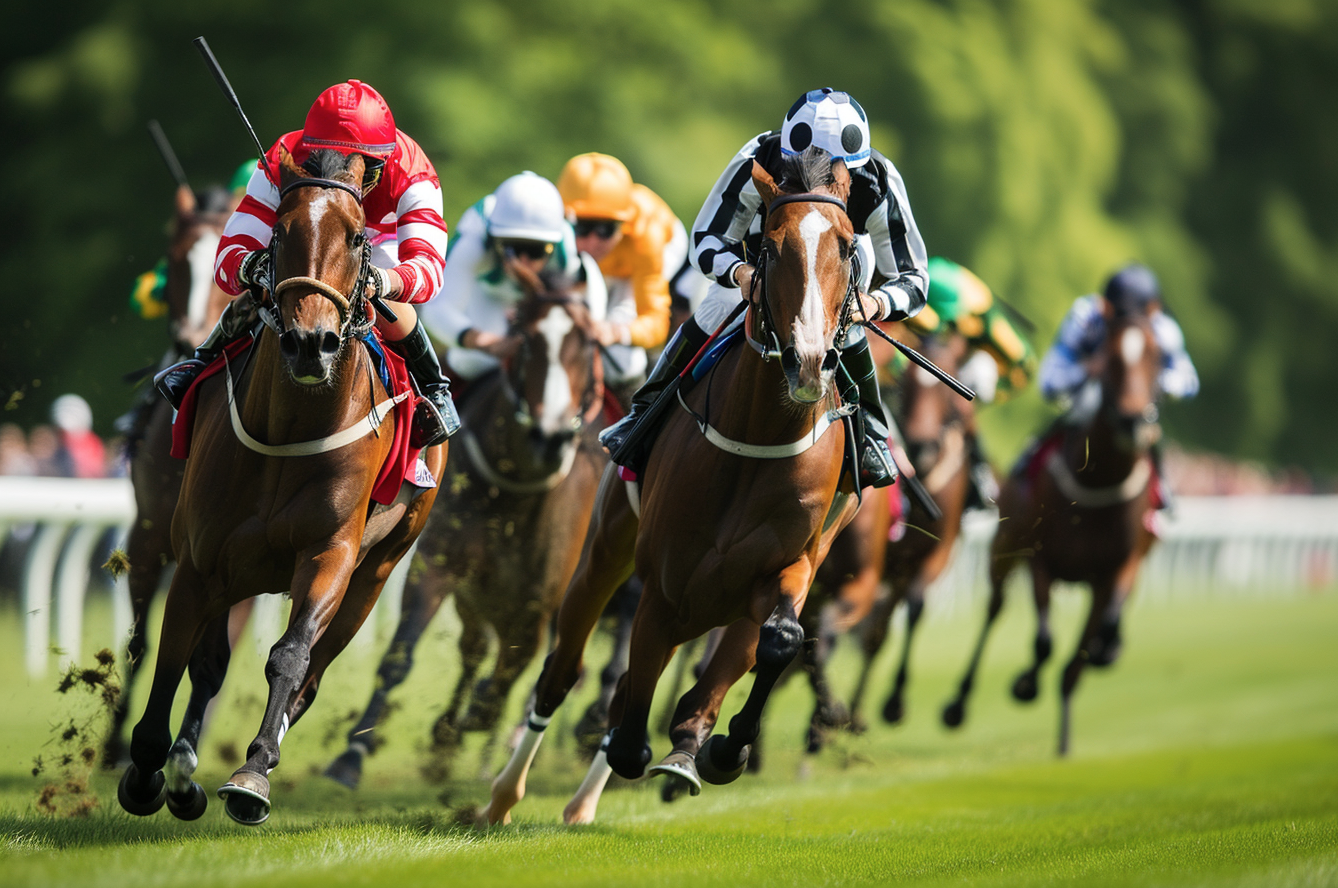Gambling has changed quite a bit in the last few years; what used to be little more than two people making a guess at an unpredictable outcome has evolved into the convenience of betting online, but the fun of wagering itself has been around for millennia.
The core idea is simple: playing a game of chance in the hopes of a desired result, which is why we’ve been gambling since before we had money, often putting up livestock, land, and food instead.
So what makes gambling so fun, and why can’t we help but love betting? The answer, believe it or not, boils down to psychology.
Key Takeaways
- Positive reinforcement, including winning money, can increase the desire to keep gambling.
- Successful sports betting requires an extra level of skill-based behaviour but nevertheless taps into the brain’s reward system in the same way.
- Setting and sticking to a few ground rules before gambling can help prevent addictive gambling.
Positive Reinforcement & The Reward System
It’s hard to argue how strongly someone feels when they earn a lot of money with seemingly no effort at all. You put down a little bit of money, make a prediction, and win more than you had at the start.
In fact, it’s the very epitome of positive reinforcement: Our brains take in that pleasant stimulus and desire more, potentially leading to more gambling. For some, it’s an overwhelming feeling that leads to an addictive cycle – though it turns out not much worse with the rise of more convenient ways to bet in recent years.
Complex behavioural determinants that drive the need to get more money are a type of operant conditioning that’s hard to resist, even when faced with losing those last few dollars. That’s one explanation for the people you see listlessly pulling the lever on slot machines over and over again.
In games of chance, near-misses and the illusion of control don’t objectively influence the outcome, nor do they make it more likely that a player will win. Nevertheless, these features manipulate the brain and seem to tap into a system that evolved to learn skill-based conduct, which may then lead to further gambling.
Why We Love Sports Betting
Sports betting is another story, in many respects, especially depending who you ask; as an exercise of data analysis, some may even argue that sports betting doesn’t even qualify as a method of gambling since it requires a certain level of skill to succeed.
Still, the same operant conditioning applies, and perhaps to an even greater extent.
Take, for example, how integrated sports are in most cultures. The experience of watching games with friends is itself exciting, and there’s already a degree of predicting the outcomes as each hopes for his favourite team to win.
It stands to reason that a subset of these fans will try to make a little money along the way, and so there’s a double dose of that positive reinforcement should they win. Add to that bettors who are also competitive at heart and want to prove themselves to peers – and aren’t the stakes always higher when money is involved? Now there’s another loop completed.
Gambling Responsibly & Avoiding Addictive Behaviours
In the UK, you must be 18 or older to gamble because most adults can do so responsibly. But if you’re worried about being able to stick to a budget, having a plan ahead of time can help keep the fun fun and prevent you from undesired, expensive consequences.
Enforce your budget. There are a few ways to accomplish this, but perhaps the best is to establish your upper limit on what you can spend and then bring only that amount to the casino in cash. Or, if you’re playing at UK credit card betting sites on BettingNonGamStop, you can opt for a prepaid card and only load the limit on it before playing.
Set a time limit. This also works whether you’re gambling online or locally; set an alarm as a reminder for how long you want to gamble, and walk away when it goes off. More than that, have an idea how frequently you’ll visit the casino during the week and don’t ever make an exception once you decide.
Understand the game you’re playing. If you’re spinning the reels, remember that it’s always random and that there’s no way to influence the outcome. If you’re betting on sports, remember that even the best analysts get it wrong sometimes – because random, unexpected events can happen at any time that completely change the game.
Don’t chase losses. Remember, the outcome is always random, and you’re not “bound” to hit a win after so many losses in a row. Probability doesn’t work that way, and it’s best to walk away when a game stops being fun to play.





